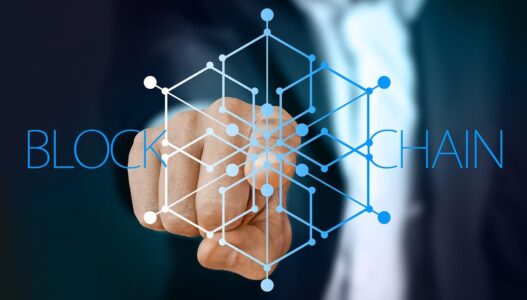Blockchain is an innovative technology for storing and securely transferring information about money transactions on the Internet. The database it creates is decentralized – there is no single place to store and manage it, and all the information added to it forms sequentially linked blocks, open to any user of a particular network, but protected by a special code and not to be changed or deleted without the consent of all members of the collective group. Hackers and cybercriminals can never change or destroy the information stored in it.
The technology was first implemented in the field of cryptocurrency, but today it has spread to various fields of activity. Many organizations that store and transmit sensitive information electronically have begun to implement it to store and protect data on financial transactions, fulfill legal obligations, secure property rights, etc. The development and proliferation of high-security technology increases the demand for specialists who are able to implement and optimize it.
Traditional database technologies pose a number of problems related to accounting for financial transactions. Consider the example of a real estate sale. After money is transferred, ownership passes to the buyer. Both the buyer and seller can record cash transactions on their own, but neither party can be trusted. After receiving the money, the seller can easily claim that he did not receive it, and the buyer can claim that the money was sent, even though it was not.
To avoid potential legal problems, a trusted third party must monitor and validate transactions. The presence of this central authority not only complicates the transaction, but also creates a single point of vulnerability. Both parties will suffer from breaches in the central database.
Blockchain anticipates such problems by creating a decentralized, tamper-proof system for recording transactions. In the case of a real estate transaction, blockchain creates a single registry for the buyer and seller. All transactions must be approved by both parties and automatically updated in their registries in real time. Any discrepancy in transaction history will be reflected in the entire registry. These properties of blockchain technology have made it popular in various sectors. For example, they were used in the creation of the digital currency Bitcoin.
Blockchain developer (Blockchain engineer, blockchain specialist) creates and optimizes software products based on blockchain – the technology of encryption and data transfer. The profession suits those who are good at math and programming, are diligent and have a penchant for analytics. By the way, the ProfGid career guidance center recently developed an accurate career guidance test that will tell you which professions suit you and give an opinion about your personality type and intelligence.

